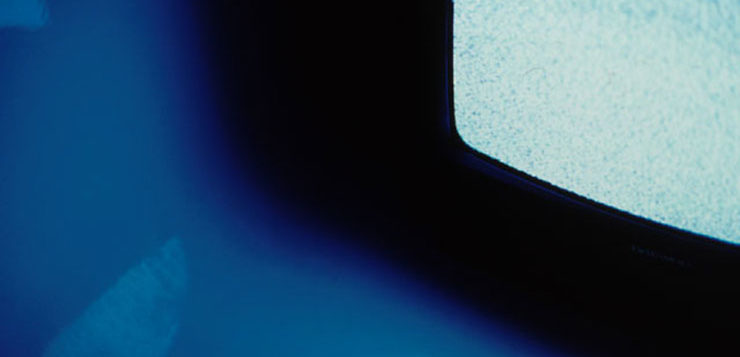The media always has to have someone to hate, and Tina Kuek knows the feeling all too well.
My name is Tina and I’m a 24-year-old African Australian woman.
I have lived in Australia for most of my life, but my features, my height and my skin mark me to the mainstream as African. Ironically, to most Africans I am South Sudanese and to most Sudanese I am Dinka.
I’m proud of my heritage, but even I can’t keep up with all these labels!
My family moved to Australia when I was nine-years-old. I went to primary school in Melbourne. At 21 I graduated with a master’s from the Australian National University in Canberra, and now I work in the Victorian Public Service. I have always been proud to call Australia my home, although lately I’ll admit I have started to question if I belong here; if I am wanted and if I am safe.
I, like most African Australians, have never committed a crime. Yet the mainstream media calls me a criminal. This is shocking. It is shocking for me and many people I know and love. It is difficult to articulate what it’s like to be thought of as bad and even dangerous for doing literally nothing.
It will come as no shock to New Matilda readers that much of the Australian media is convincing the wider Australian community to be afraid of black skin. How do they do this? When a crime is committed by someone with skin like mine it is a “gang crime”. When it is committed by someone else it is simply a “crime” or even just a fight, protest or wild party.
Of course, Africans are not the first to be vilified by the media. The Vietnamese and Lebanese were characterised as gang members when they came to Australia and Aboriginal Australians only ever seem to make the front page if there is criminal violence of some sort involved. The Italians had a rough trot when they arrived too. And Muslims, well – need I explain any further?
This kind of irresponsible media reporting is obviously unfair, but it is also dangerous. In some instances, violence is quite literally incited.
For example, a recent episode of A Current Affair featured a man urging people to, “band together and hurt any African youth”. He was responding to an incident which took place outside of a restaurant in St Albans where teenage boys – aged 14 to 17 – fought with a group of men over a pack of cigarettes. Chairs were thrown and bats were swung. Obviously, there is no excuse for this kind of behaviour – from the boys or, perhaps the men – but one wonders what purpose it serves to describe these kids as African. Young men in general are overrepresented in crime, and I question if the altercation even needed to be reported given its relative insignificance. At least, maybe, report it for what it actually is, “a group of teenagers stealing cigarettes”.
The media must realise the crucial role it plays in shaping public opinion. Every single day I, and other African people, now have to deal with a public that is outraged over a “gang” crisis. Whether on the train, at school, or in a supermarket, we are sized up and sometimes targeted for simply being there.
With each wave of migration, there is a double standard in how the new community are portrayed in the media. This is gut wrenching when you begin to notice it. I remember being a teenager and seeing Corey Worthington become an “Australian legend” for hosting a party that was so wild it got shut down by police. He ended up on a reality TV show. Meanwhile, an out of control party with some Africans was recently described by the Daily Mail as a “war-zone”.
Of course, I know the answer to all this: click-bait reigns, facts do not matter.
But these facts matter to me. Racism takes lives. The Sudanese-Australian community lost a boy when he was a little younger than I am now. Liep Gony was murdered on his way home from school 10 years ago, and the man who beat him to death said he wanted to take his anger out on some n*****s.
That really is something to fear.
Don’t miss the news – Click here to get our free email digest direct to your inbox.
Donate To New Matilda
New Matilda is a small, independent media outlet. We survive through reader contributions, and never losing a lawsuit. If you got something from this article, giving something back helps us to continue speaking truth to power. Every little bit counts.




